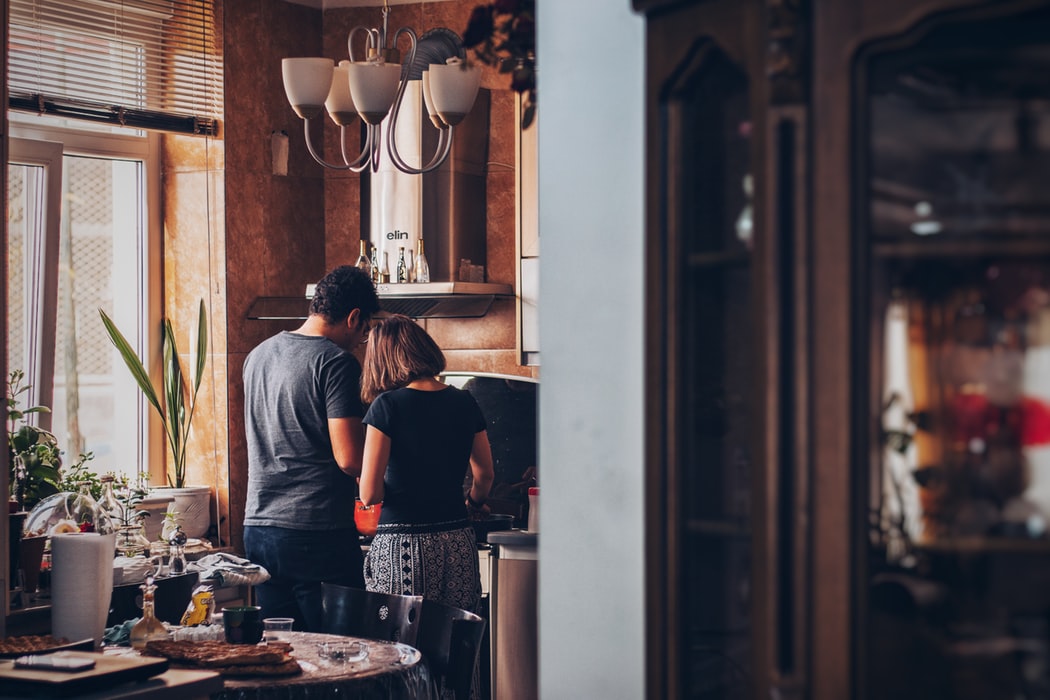Nothing is more comfortable than our own home. Equipped with all conveniences, protected against burglary, your own stuff and the people you love around you… Amazing! But did you know that we humans are not that different from other animals and our ancestors?
Just like animals
Just as animals have pens and mark their territories, humans have fundamental attachment to place and space. Even comparing the home and uterus is an issue. However, people add layers of meaning to home and place. Physical places persist as memories and people fade, so homes and neighborhoods become “memory machines” that help us keep alive some of the strongest resources of what has given our lives meaning, well-being and happiness.
It’s no wonder, anthropologists and aging experts say, that we often say that people “go home” when they die. For many children, the feeling of home and place is shaped by their room, and it can evoke strong memories and feelings decades after they move. “There is some pretty strong evidence that the environment in which people live is closely linked to their well-being,” said Graham Rowles, a professor of gerontology at the University of Kentucky. “It’s kind of like how human animals’ attachment to territory is built into our DNA.”
Need for ‘home’
“We need a place called home,” he adds. A home offers security, control, accessories, identity and privacy. “But above all, it is a place that provides us with a centering – a place from which we leave every morning and where we return every night.”
Rick Scheidt has spent much of his professional life talking to aging residents of the vanishing small towns along the prairies in Kansas and other Midwestern states. Here the sense of place is very powerful. Often it is all that is left.
“We call it autobiographical insidness,” he says. “People look at aspects of their environment in a very personal way. I may be talking to an older woman about her memories of a place, and I’d say,” Look at that cedar tree there. It looks like it’s been going through tough times and been hit by lightning. ‘ And she’ll look at that tree and say, “Oh, that’s third base,” based on memories of when she played baseball there as a child. ”
Life story
Such memories become part of a person’s life story, which is often central to their sense of well-being and the assessment of whether their life has had meaning. “We can’t understand anything else people tell us without understanding their life story,” says Rubinstein.
The role of home and the sense of place in a person’s life story can be significant. As people age, he notes, their life story takes on extra importance. “It goes from just a story to a real resource that people rely on to remember their place in the world and their achievements.”










